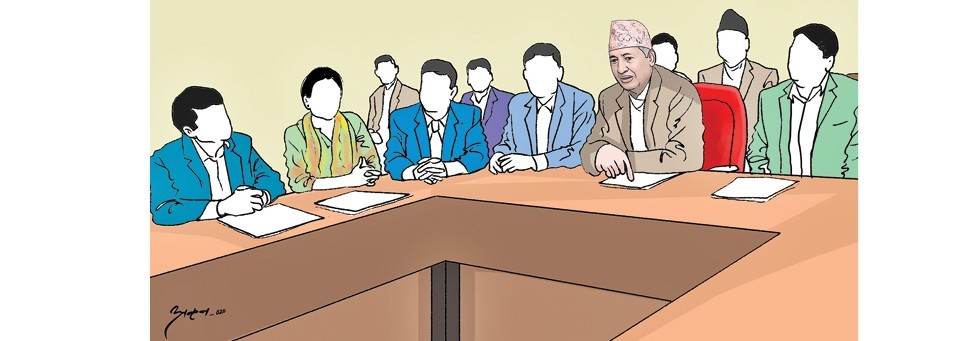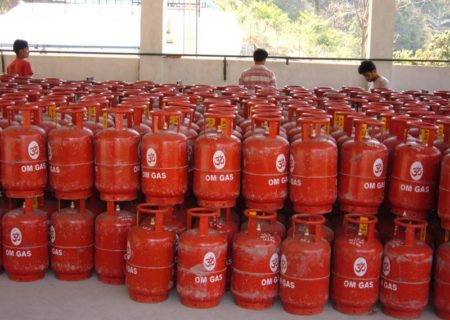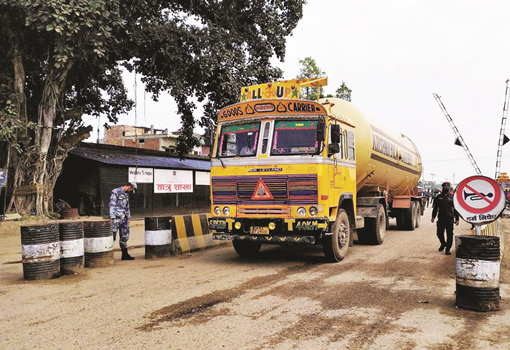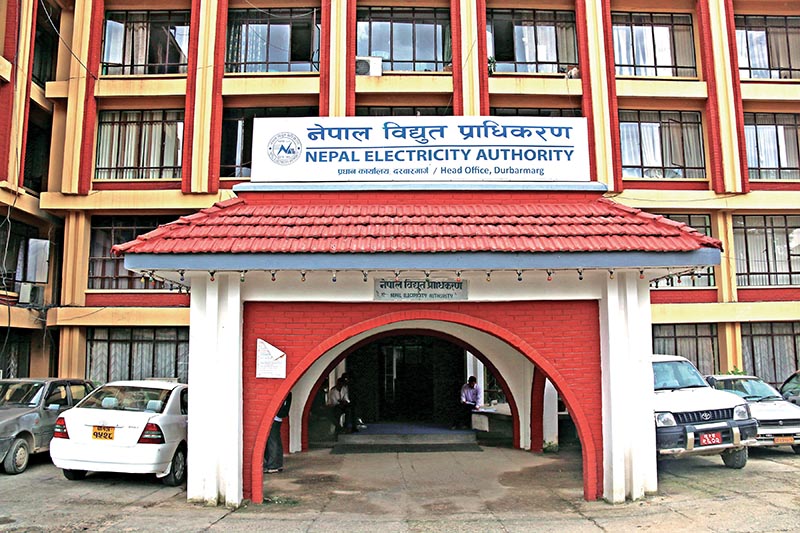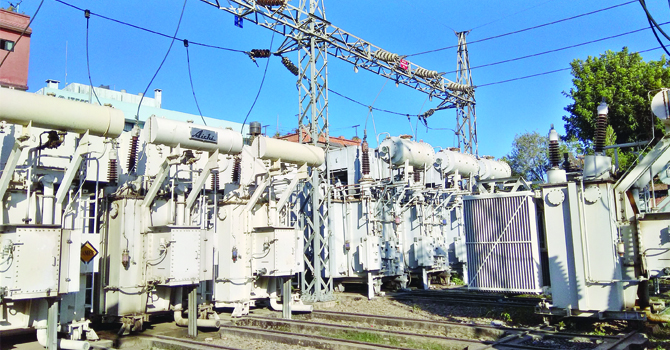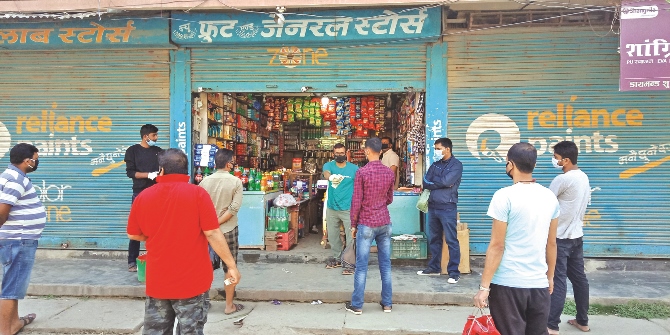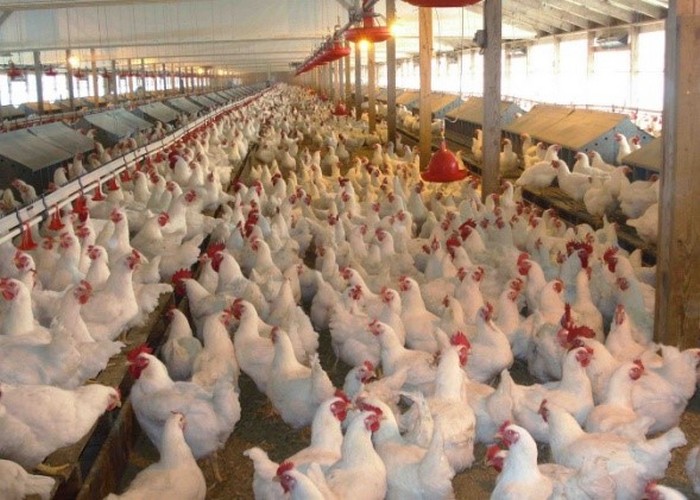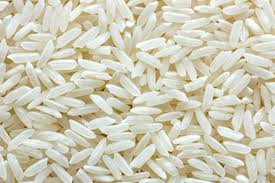Price rise, lack of jobs recovery dampen Dashain moods
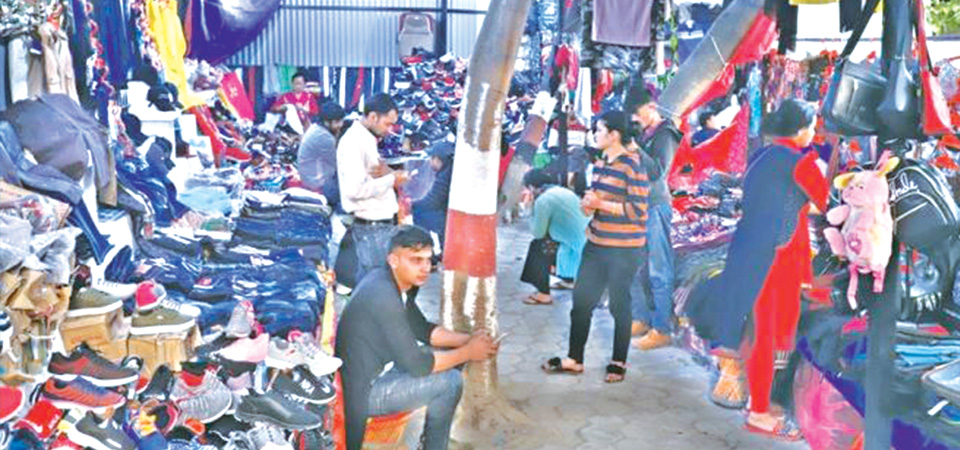
By Laxman Kafle
Kathmandu, Sept. 19: Mina Ranabhat, who had been working as a cleaner in several offices at New Plaza area near Singh Durbar before the government imposed lockdown to prevent the COVID-19 pandemic in March 2020, remained jobless for 17 months.
Before the lockdown, she used to earn Rs. 30,000 a month, but was made redundant in the wake of the pandemic, leaving her with no money.
Though she resumed her works in a few places last month, she is worried about managing expenses in the upcoming festivals. To make the matter worse, she has yet to receive the pay of the previous month.
“They have not paid me and I wonder how I will buy new clothes and food for Dashain,” she said.
Ranabhat serves as an example of how the daily wage earners are affected by the pandemic. There are thousands who have faced similar situations because of COVID-19.
Moreover, the prices of food grains, pulses and cooking oil have of late skyrocketed in the market.
She said that she had never faced such a huge financial crisis before. “The COVID-19 has pushed daily wage earners like me to extreme poverty,” she said.
The festivals of Dashain, Tihar and Chhath are approaching, and the shopping malls, fancy shops and retail shops have already started drawing crowds of people buying goods for the festivals. But the daily wage earners like Mina have no money to visit the markets.
Radhika Maharjan of Kapan, who had arrived at Pako New Road for Dashain shopping, said that clothes were more expensive this year than they were last year.
“I visited many shops to buy clothes for my children and myself. But I could not buy clothes as per the needs because of their high prices and my shallow pocket,” she said.
She said that the price of garments had almost doubled compared to their prices two years ago.
The businessmen running their shops in the Kathmandu Valley, including the New Road area, have been unable to do brisk business even on the eve of the biggest festivals. Only negligible number of customers visit the shops and buy goods in nominal quantities, said Bishnu Badal, proprietor of New Road-based Avi’s Fashion. “It is impossible to increase sales until and unless income of people goes up,” Badal said.
He added that the business had gone down by almost 50 per cent this year compared to the year before and that hefty rise in prices of fancy items and shoes had also affected the businesses.
The price of a T-shirt which cost Rs. 500 two years ago, has reached Rs. 1,000 today.
“I think that business won’t be satisfactory during Dashain. That said, it might be better compared to last year’s, because with the lifting of the restrictions, more and more people are coming out of their homes for shopping,” said Hari Adhikari, a New Baneshwor-based retailer.
Fair-price shops open
Food Management and Trading Company (FMTC) and Salt Trading Corporation in coordination with the government have brought fair-price shops into operation in different parts of the country.
Fair-price shops across the nation, including in the Kathmandu Valley, which have opened since September 17, will continue to remain so until the festival of Chhath.
The shops aim to provide relief to the general people by offering essentials at discounted rates and control artificial price hikes, said Urmila KC, joint spokesperson for the Ministry of Industry, Commerce and Supplies.
The entities are selling essential goods, especially rice, pulses, ghee, oil, sugar and salt, at reduced rates. The consumers are getting a discount from Rs. 2 to Rs. 10 on different goods.
The FMTC will also sell live goats at a discount of Rs.10 per kg from the day of Ghatasthapana in Kathmandu. But for penniless daily wage earners like Mina, these shops hold little meaning, if at all.
Pabitra Bajracharya, former president of Nepal Retailer’s Association, said that the price of daily necessities, including cooking oil, lentils and pulses, had already increased by 25 per cent due to the monopoly of wholesalers and suppliers.
The price of cooking oil has risen by around Rs. 50 per litre, and that of sugar by more than Rs. 5 to Rs. 95 per kg within a short time. That is unnatural and unethical.
The price of oil, rice, and sugar, which are consumed in higher quantities during festivals, may shoot further up, he said.
Poor monitoring
Market monitoring is often seasonal, as the authorities tend to monitor the market only on the eve of festivals like Dashain. Such seasonal monitoring does little, if at all, to keep the shopkeepers and businessmen from resorting to unethical practices.
The authorities inspect the market only if they receive complaints from consumers.
“I have not seen the government monitoring to control unnatural price hikes of goods in the market although it has been claiming so,” said Gayatri Banjara, a consumer of Madhyapur Thimi Municipality, Bhaktapur.
The cost of living has been going up with a sharp rise in the prices of essential goods and services at a time when many people have lost their jobs because of COVID-19.
The Department of Commerce, Supplies and Consumer Protection (DCSCP) claimed that it had adopted an aggressive market monitoring strategy targeting the festivals to control the artificial price hike.
DCSCP spokesperson Shivaraj Sedhai said that they would mobilise around 8-10 teams as a special taskforce to carry out market inspection in the valley.
Recent News

Do not make expressions casting dout on election: EC
14 Apr, 2022
CM Bhatta says may New Year 2079 BS inspire positive thinking
14 Apr, 2022
Three new cases, 44 recoveries in 24 hours
14 Apr, 2022
689 climbers of 84 teams so far acquire permits for climbing various peaks this spring season
14 Apr, 2022
How the rising cost of living crisis is impacting Nepal
14 Apr, 2022
US military confirms an interstellar meteor collided with Earth
14 Apr, 2022
Valneva Covid vaccine approved for use in UK
14 Apr, 2022
Chair Prachanda highlights need of unity among Maoist, Communist forces
14 Apr, 2022
Ranbir Kapoor and Alia Bhatt: Bollywood toasts star couple on wedding
14 Apr, 2022
President Bhandari confers decorations (Photo Feature)
14 Apr, 2022


